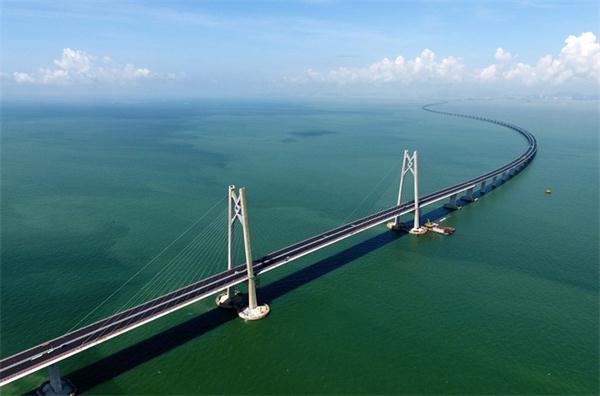Taking third step will herald big boost for bay economy


On Wednesday, the country's top legislative body approved the co-location plan proposed by the Hong Kong Special Administrative Region government to allow mainland officers to conduct immigration and customs clearance operations in the West Kowloon terminus of the Guangzhou-Shenzhen-Hong Kong express rail link.
The decision by the National People's Congress Standing Committee came as no surprise as the implementation of boundary control at the Hong Kong terminus of the express rail link, or XRL as it is more conveniently known, is the only feasible choice if the infr**astructure project is to serve its purpose.
Under the arrangement passengers will go through the customs, immigration and quarantine procedures of the SAR and the Chinese mainland successively at the terminus in Hong Kong, with officials from the Chinese mainland working in a designated part of the station.
As anyone who has passed through the current physically separated boundary controls at Shenzhen will appreciate, the one-location boundary control will significantly quicken travel between the mainland and the SAR.
And since Hong Kong is the most visited city in the world, and welcomes a high number of international travelers, it makes sense to locate the boundary control at the West Kowloon terminus. Especially since it will help promote closer integration of the Pearl River Delta, which envisions the Guangdong-Hong Kong-Macao Greater Bay Area becoming the world's leading bay area in terms of GDP by 2030.
For the above purpose, convenient cross-boundary customs, immigration and quarantine procedures are crucial to realizing the high speed that is the XRL's defining feature. Without a co-location arrangement for boundary control at the West Kowloon terminus both the efficiency and economic benefits of the link would be greatly discounted.
The arrangement does not mean mainland laws will be applied throughout the SAR, only in a "port area" inside the XRL terminus. It is fully consistent with the "one country, two systems" policy, as it does not change the administrative system of Hong Kong or reduce in any way the Hong Kong government's high degree of autonomy. Nor does it impair the existing rights of Hong Kong residents.
Now that the first two steps of the "three-step procedure" for completing the co-location arrangement have been accomplished, the SAR government should initiate the last step-local legislation-as soon as possible.


































